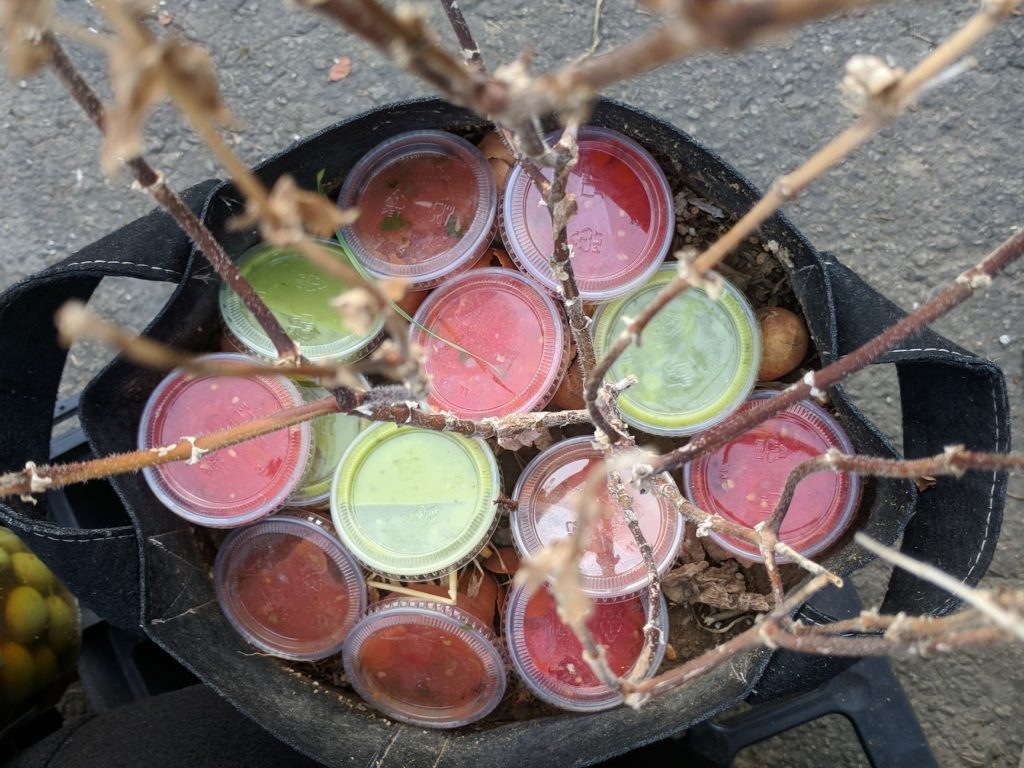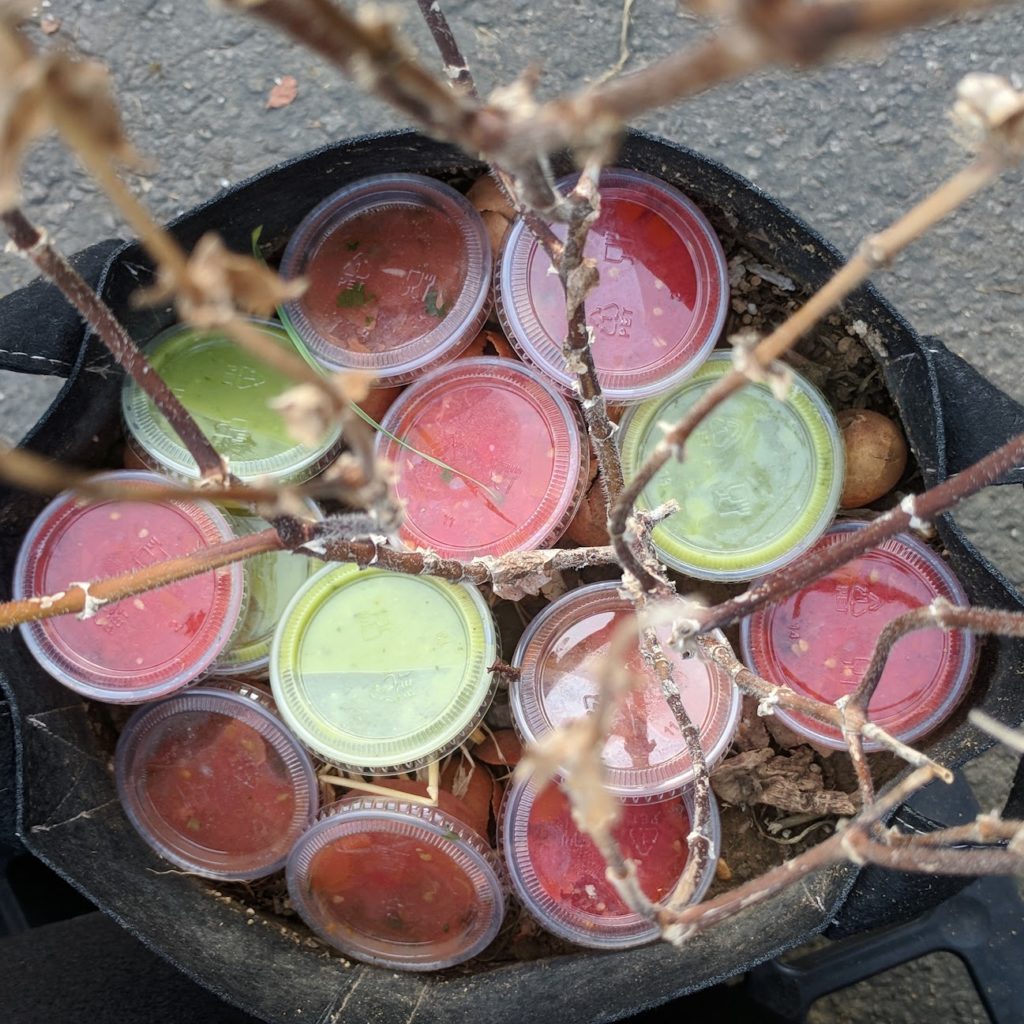Composting is a process that breaks down organic material, such as food waste, into a nutrient-rich soil amendment that can be used in gardens and landscaping. There are many types of food waste that can be composted, including:
- Fruits and vegetables: Most types of fruits and vegetables can be composted, including peelings, cores, and seeds.
- Eggshells: Eggshells can be composted, as they are a good source of calcium and other nutrients.
- Coffee grounds and filters: Coffee grounds and filters can be composted, as they are a good source of nitrogen.
- Tea leaves and bags: Tea leaves and bags can be composted, as they are a good source of nitrogen and other nutrients.
- Bread and grains: Bread and grains can be composted, although it is a good idea to avoid composting moldy or spoiled items.
- Dairy products: Dairy products, such as milk and cheese, can be composted, but it is a good idea to avoid composting large amounts of these items, as they can attract pests and create odors.
- Meat and bones: Meat and bones should generally be avoided in compost, as they can attract pests and create odors.
It is important to note that some types of food waste, such as meat and bones, should be avoided in compost, as they can attract pests and create odors. In general, it is a good idea to avoid composting any spoiled or moldy food items, as they may harbor harmful bacteria. By following these guidelines, you can effectively compost a wide variety of food waste to create a nutrient-rich soil amendment for your garden or landscaping.





